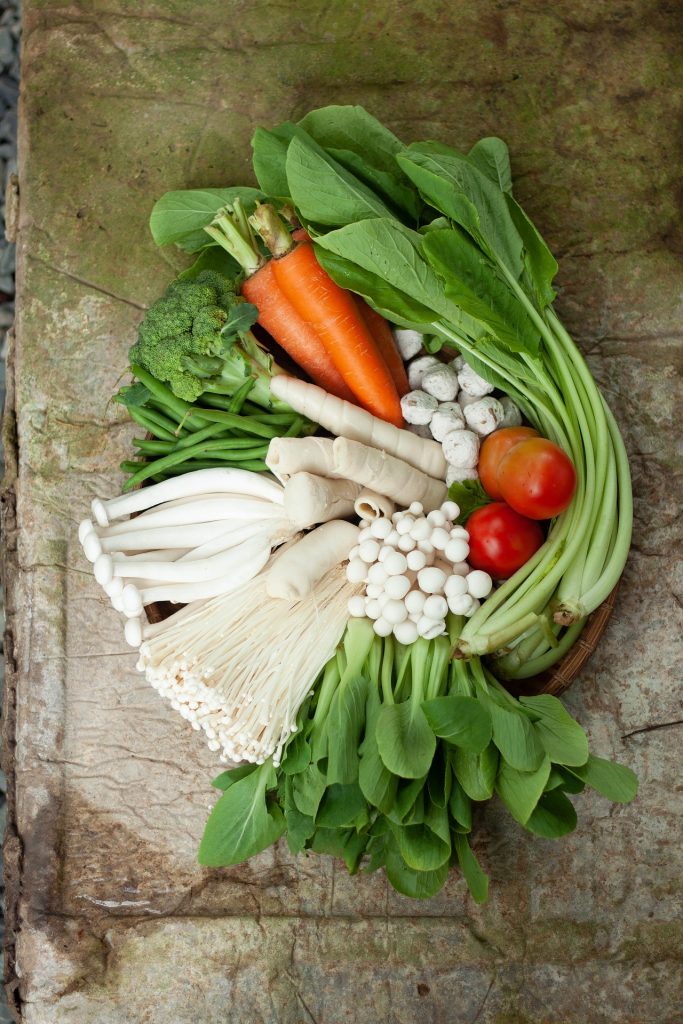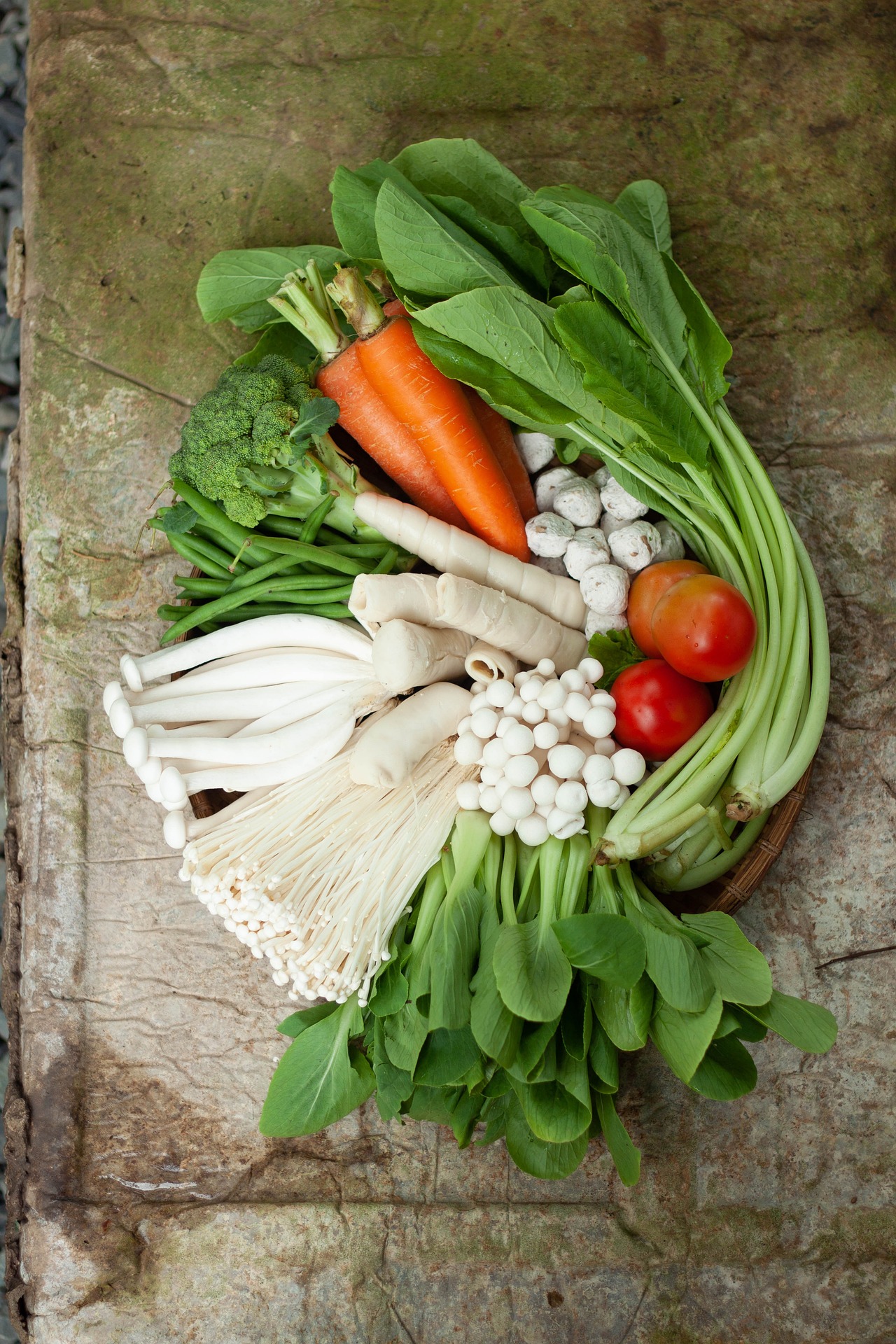Seasonal eating is a practice that emphasizes consuming fruits and vegetables that are in season, promoting a healthier and more sustainable diet. For vegetarians, embracing seasonal produce can enhance meals, support local farmers, and provide numerous health benefits. Here’s why seasonal eating is important and how to incorporate it into your vegetarian lifestyle.
Nutritional Benefits
Eating seasonal produce often means consuming fruits and vegetables at their peak freshness, which can enhance their nutritional value. Seasonal foods are typically harvested when they are ripe, resulting in higher levels of vitamins, minerals, and antioxidants. This can contribute to better overall health and well-being.
Flavor and Variety
Seasonal eating allows you to enjoy the best flavors that each season has to offer. Fruits and vegetables grown during their natural growing season often taste better and are more flavorful. By incorporating seasonal produce into your meals, you can experience a diverse range of flavors and textures throughout the year.
Supporting Local Agriculture
Choosing seasonal foods often means supporting local farmers and reducing the carbon footprint associated with transporting food over long distances. By purchasing produce from local farmers’ markets or community-supported agriculture (CSA) programs, you can contribute to the local economy and promote sustainable farming practices.
Environmental Sustainability
Seasonal eating is more environmentally friendly, as it reduces the need for greenhouse gas emissions associated with out-of-season produce grown in controlled environments or transported from distant locations. By embracing locally grown, seasonal foods, you can help minimize your environmental impact.
Tips for Seasonal Eating
- Know What’s in Season: Research what fruits and vegetables are in season in your region. Seasonal produce varies by location, so familiarize yourself with local growing cycles.
- Visit Farmers’ Markets: Explore local farmers’ markets to find fresh, seasonal produce. Engaging with farmers can also provide insights into the best ways to prepare and enjoy their offerings.
- Plan Your Meals: Create weekly meal plans that incorporate seasonal ingredients. This can help you make the most of what’s available and reduce food waste.
- Experiment with New Recipes: Seasonal produce can inspire new culinary creations. Try incorporating unfamiliar fruits and vegetables into your meals to expand your palate.
- Preserve Seasonal Foods: When certain fruits and vegetables are in abundance, consider preserving them through canning, freezing, or drying. This allows you to enjoy seasonal flavors year-round.
Conclusion
Seasonal eating offers numerous benefits for vegetarians, from enhanced nutrition and flavor to supporting local agriculture and promoting environmental sustainability. By embracing the natural growing cycles of fruits and vegetables, you can enjoy a diverse and delicious diet while contributing to a healthier planet. Start exploring seasonal produce and savor the joys of eating with the seasons.

